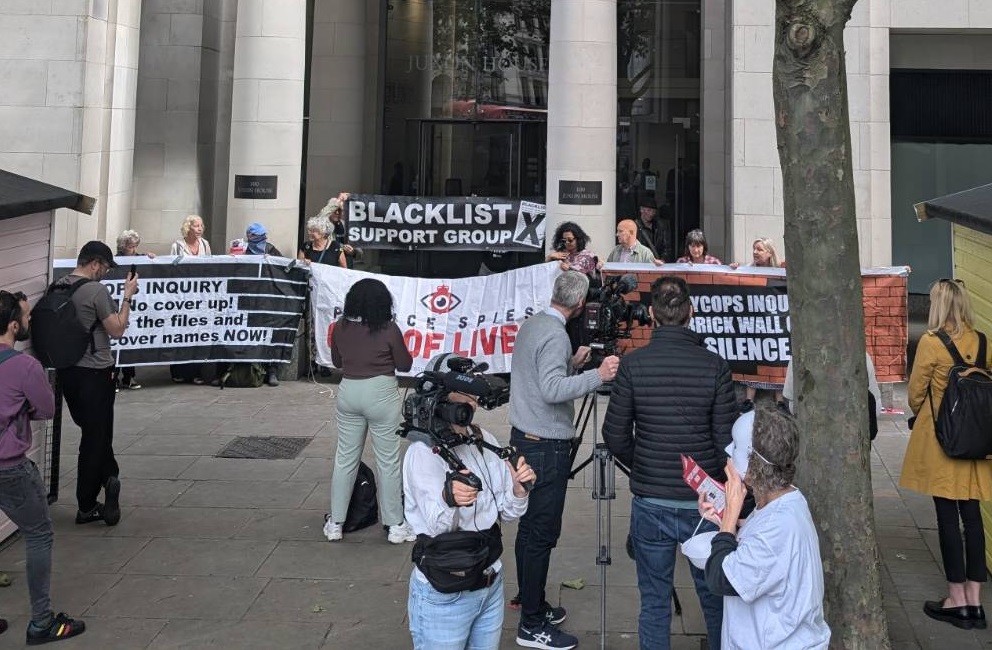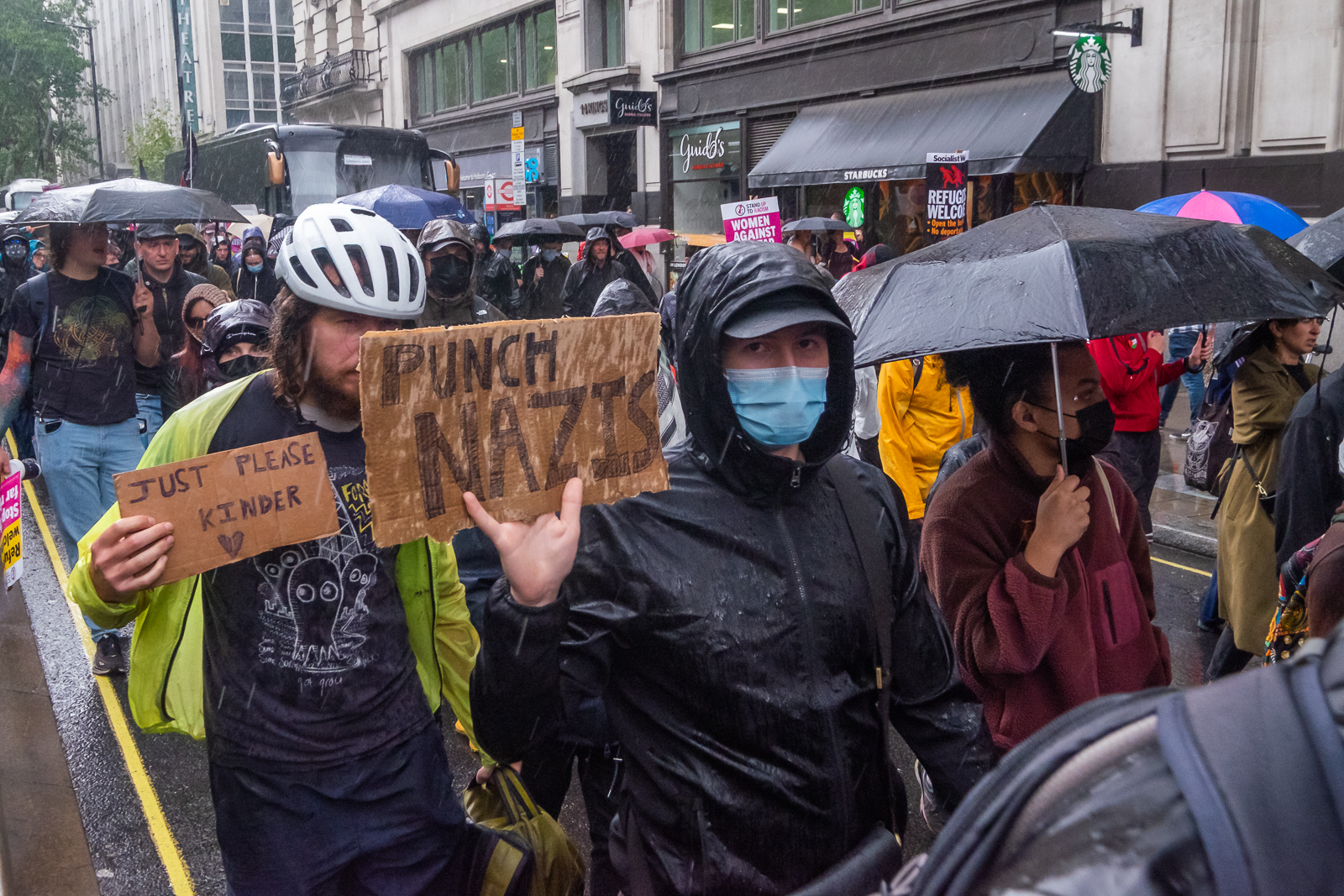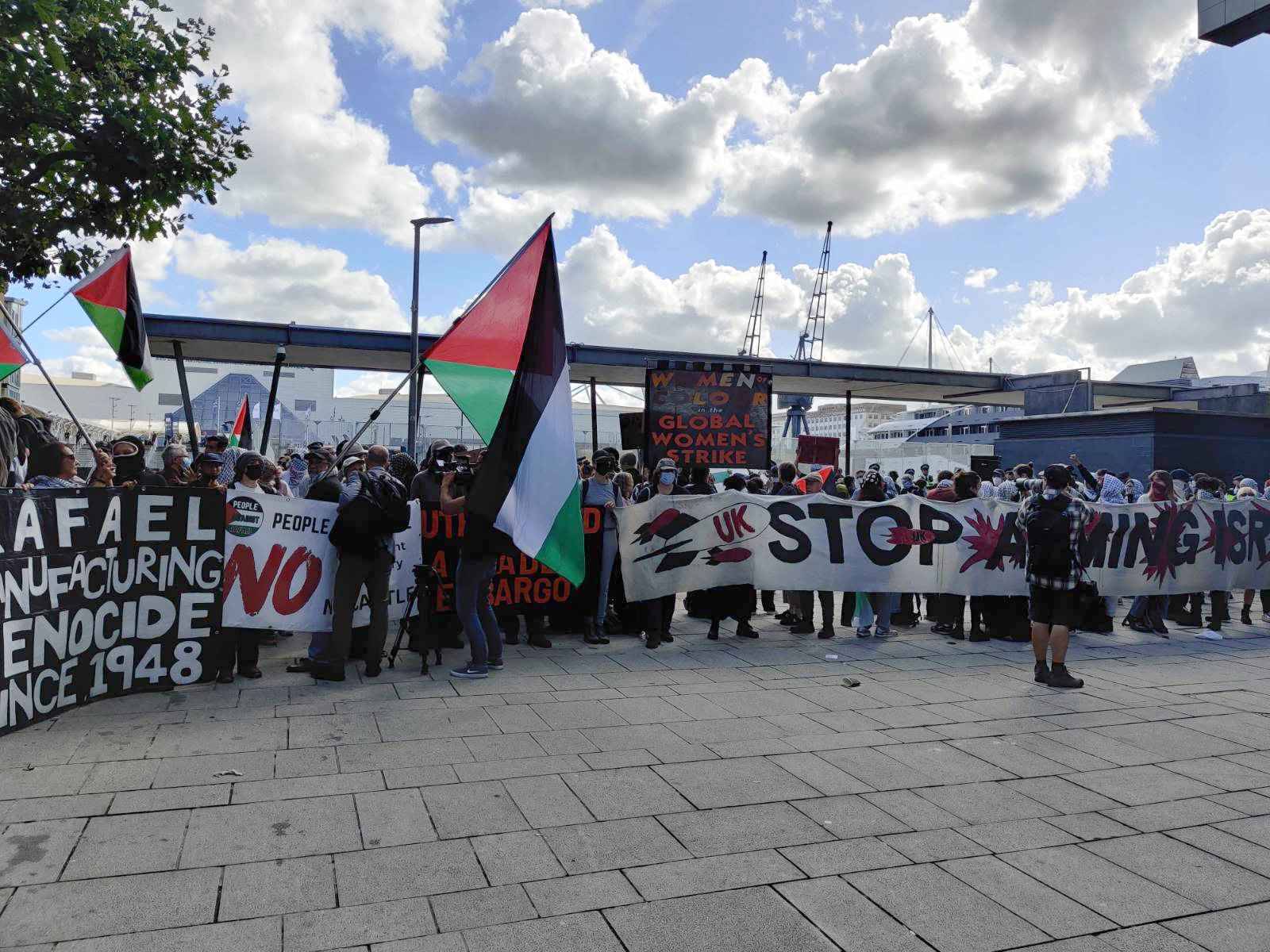Infiltrating Freedom gave MI5 a trove of 80s trivia; but for the future Met spy chief, it was a racy adventure
Q. Was the fact that you were spying upon journalistic activity of this sort ever remarked upon by any of your superiors?
A. No. And I believe that the anarchists themselves or Freedom Collective and other groups wouldn't have considered themselves as engaged in journalistic endeavour to inform and give a factual account. They were propagandists, in their own image, who were concerned with persuading/manipulating. And that was the idea of -- freedom of speech within anarchist circles, is to persuade and manipulate rather than just report bald facts.
Q. But this still falls within the wider umbrella of journalism, doesn't it? It is a form of journalism?
A. Yes.
Q. To get one's argument across?
A. Yes.
Q. To express freely one's beliefs?
A. Yes.
Q. If your managers never spoke to you about it, did you ever reflect upon the fact that you were interfering with, by your very presence, journalistic freedom?
A. No.
This is the testimony of Roger Pearce (HN 85), who infiltrated the Freedom Collective and wrote articles as “Roger Thorley” from 1980-1981. Pearce went on to lead the Special Demonstration Squad itself and eventually became the Met’s Director of Intelligence and head of Special Branch. In Pearce’s own words at the Undercover Policing Inquiry he chose Freedom as a target because “within the shifting sands [of anarchism] Freedom was the rock which had been around for 100 years or so and there I could pitch camp and this would allow access and credibility”.
Well, that’s nice to hear. As with many other groups needlessly targeted by the SDS, Freedom’s open and welcoming nature was exploited by the state for its own ends. When Pearce retired, he went on to write a number crime novels about an undercover officer in London. Hearing him testify, sometimes you wonder if he wasn’t already casting himself as a bit of a fictional protagonist. Guess that’s one coping strategy when you’re leading a life of deception.
Throughout his time in Freedom, Pearce submitted numerous reports to his bosses at special branch with many of them also being passed on to MI5. In many cases MI5 specifically requested information on specific individuals and organisations. “I think the people who managed me, working with MI5, had a deep hunger for any intelligence about anarchists”, he said at the Inquiry. “That would include potential information about anarchists which was completely innocent”.
Q. And might it be said that that was in the result a disproportionate interference with freedom of expression, given the return?
A. I think on reflection it was necessary, given the dissipated state of anarchist groups. I think the only way to achieve the kind of access that I did achieve was through membership of the editorial collective and the cost may have been interference with freedom of expression. But my belief was, and is, that this was reporting propaganda within the anarchist echo chamber. It wouldn't incite any activity. It wasn't agent provocateur, and it wouldn't encourage other members of the public to take a course of any particular action.
Listen to Pearce: the anarchists are dissipated, and Freedom does nothing to get people into action. Why infiltrate it, then? Pearce says it was a credible platform, but it’s hard to believe he wasn’t enjoying himself.
The details of his reports were often filled with huge amounts of private and personal details on collective members, which even Pearce was forced to acknowledge were “of no policing value”. As the inquiry lawyer noted: “the reality is that the net was cast so wide that it went from cradle to grave”. This included details of people who were merely acquaintances of those being spied on, including at one point death and funeral details. Even the birth of a Freedom collective member’s child, along with their name, appeared in his reports, with the comment “the name of this mini-revolutionary is […]”.
The derisive and at times dehumanising tone of Pearce’s words towards his supposed comrades stands out; he is clearly on an adventure and enjoying it. While sarcasm drips from all his reports, the most lurid and derogatory comments are reserved for female comrades. At the inquiry, he defended his comments on the sex lives and physical appearance the women he was spying on by claiming they were out of context and attempts at “humour”. What else could he do, when the boring reports had no policing value?
The Metropolitan police commissioner, in an empty too-little-too-late attempt at damage control, has already publicly acknowledged and apologised for the institutional sexism and culture of misogyny that existed in the Met at the time. While much could be said about the fact that the police are still a hotbed of sexism and misogyny, Pearce simply denied that his reports reflected the culture the Commissioner had apologised for. Bizarrely, he insisted that the culture in the SDS was reflective of society at the time and, if anything, less problematic than the Met proper, since the undercovers were generally fresh out of training, and untainted by contact with the wider organisation’s toxic culture. It must have been his clean-cut integrity that led him to refer to one comrade as a “robotic lesbian” and to another as meriting a “health warning”.
Pearce’s comments didn’t stop at sexism, his reports frequently referred to “the blacks” and on occasion irrelevantly specified the minority background of individuals present, including a lawyer and a police officer. When pressed on whether this sort of language was common among SDS officers, Pearce again compared it to “common parlance in society during the 1980s”.
The Undercover Policing Inquiry is at times interesting, at others dead dull. The details range from alleged bomb plots to tedious Freedom Collective meetings from 40 years ago. Not sure we’ve improved much since then. What certainly never improves is the State’s understanding of anarchism, with the Inquiry lawyers making the obligatory apologies about saying “anarchist” and “organisation” in the same sentence. Talk of direct action, revolution, resistance and self-defence was constantly used to imply violence and nothing else. Pacifism and non-violence were used interchangeably. Guess nobody is keeping notes except us.








